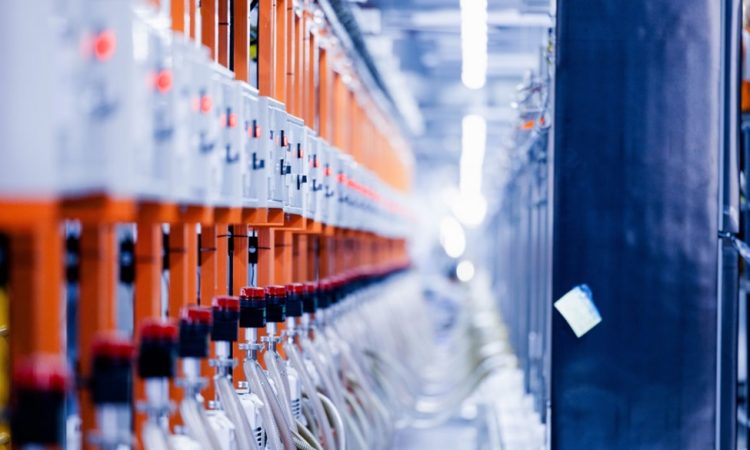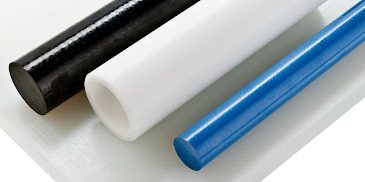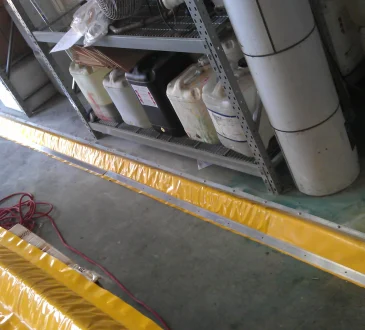
Have you ever wondered how intricate metal parts and components are made with such precision? Enter the world of CNC manufacturing, a technology that has revolutionized the way we produce everything from simple machine parts to complex aerospace components.
Whether you’re a seasoned engineer or just curious about modern manufacturing, this guide will take you through the essentials of CNC manufacturing in a simple and easy-to-understand way.
What is CNC Manufacturing?
CNC stands for Computer Numerical Control. In CNC manufacturing, machines are controlled by computers to perform a variety of tasks with incredible accuracy. These machines can cut, drill, grind, and shape materials like metal, wood, plastic, and more.
The process starts with a computer-aided design (CAD) drawing, which is then converted into a computer-aided manufacturing (CAM) program. This program directs the machine on how to move and what operations to perform.
How Does CNC Machining Work?
CNC machining involves several steps. First, a CAD model is created. This model is a digital blueprint of the final product. Next, the CAD file is converted into a CAM file, which includes instructions for the cnc machining.
Once the machine is set up and the material is in place, the machine follows the CAM instructions to perform precise cutting, drilling, or milling operations. The result is a finished product that meets exact specifications.
Advantages of CNC Manufacturing
Precision and Accuracy
One of the biggest advantages of CNC manufacturing is its precision. CNC machines can achieve tolerances as tight as 0.001 inches, which is critical for industries that require exact specifications, such as aerospace and medical device manufacturing.
Efficiency and Speed
CNC machines are highly efficient. They can operate 24/7 with minimal supervision, producing parts quickly and consistently. This efficiency translates to faster production times and lower costs.
Versatility
CNC machines can work with a variety of materials, including metals, plastics, and composites. They are also versatile in their applications, from creating small intricate parts to large structural components.
Industrial Thermal Imaging
Another fascinating application of CNC manufacturing is in the field of industrial thermal imaging. Precision is crucial in producing components for thermal imaging devices. CNC machining ensures that these components meet the necessary specifications to function correctly.
Future of CNC Manufacturing
The future of CNC manufacturing looks bright, with advancements in technology continuously pushing the boundaries of what is possible. Innovations such as additive manufacturing (3D printing) and improvements in machine learning and AI are set to make CNC machines even more efficient and versatile.
The integration of industrial thermal imaging in CNC processes will also enhance the precision and functionality of manufactured components.
Conclusion
CNC manufacturing is a cornerstone of modern production, offering unmatched precision, efficiency, and versatility. From the smallest electronic components to the largest aerospace parts, CNC machines play a crucial role in making our world work.
As technology advances, the capabilities of CNC manufacturing will only continue to grow, opening up new possibilities and applications. Whether you’re in the industry or simply fascinated by how things are made, understanding CNC manufacturing is key to appreciating the marvels of modern engineering.




